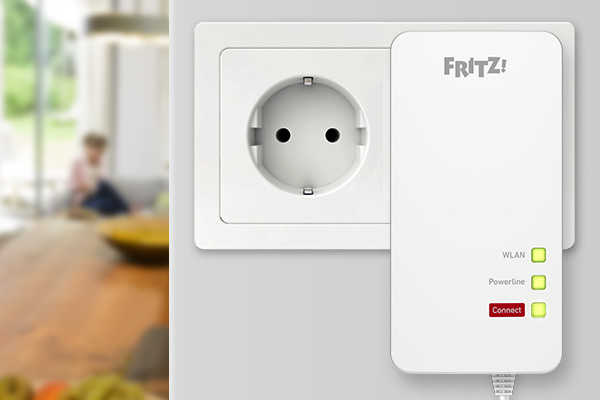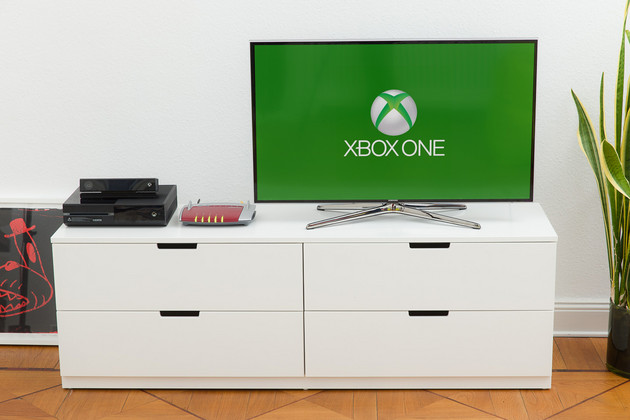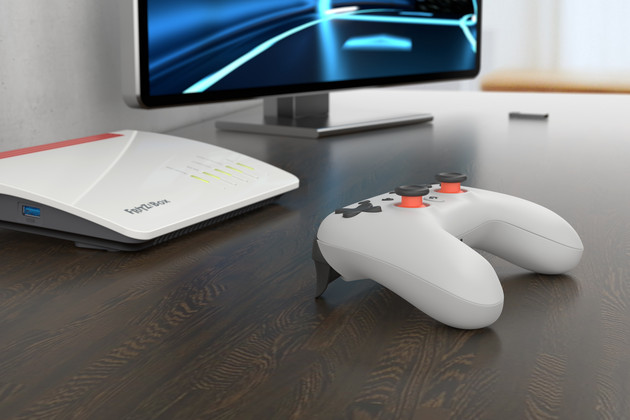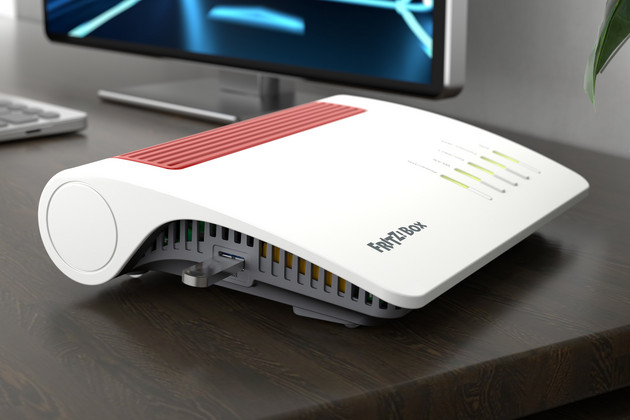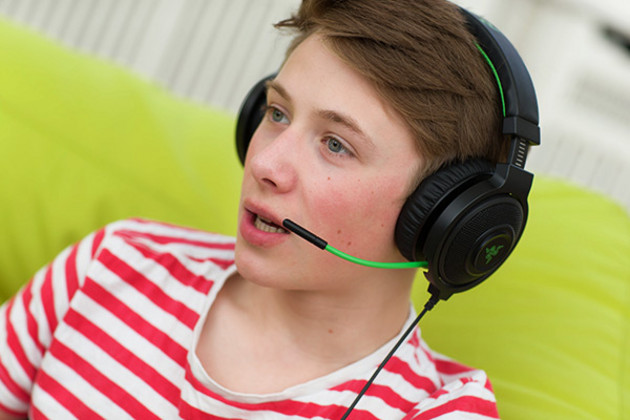Wi-Fi or cable: Which is better for gaming? - WiFi or cable: Which is better for gaming?
AVM Content
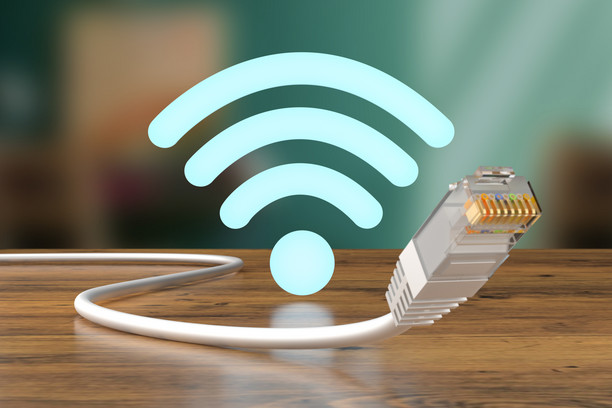
Wi-Fi or cable?
When connecting a video game console or PC to your home network, you can choose between a wireless solution via Wi-Fi or a solution using LAN cable. In general, both Wi-Fi and cable connections are quick to configure, easy to manage and reliable. There are differences, however: The major advantages of a wireless connection are flexibility and the almost unlimited number of devices that can be used at the same time.
In terms of performance, a cabled solution scores highly. Looking at the pure numbers, a LAN connection has a higher transfer rate than a Wi-Fi connection. You don't have to worry about that, though, because bandwidth, and therefore data transfer, is important in gaming, but not a deciding factor.
It's all about the ping
Most games render content locally, with only small data packets exchanged over the internet to synchronize the characters in the game and the progress of the different participants. If the transmission of these data packets takes place at high speed and on a regular basis, one speaks of a low or good ping or reaction time.
For technical reasons, Wi-Fi when gaming is somewhat more susceptible to occasional disturbances. This is why wireless transmission can experience occasional glitches even when there is enough bandwidth available, which is much less likely for a cable connection. However, all this means is that playing over Wi-Fi is potentially more vulnerable – in practice, both options can work equally well.
The alternative: FRITZ!Powerline
What if you would rather connect your FRITZ!Box with a cable, but your furnishings, walls or cable routes do not allow for such an option? In this case, FRITZ!Powerline offers a solution. Plug one of the adapters into a wall outlet near your FRITZ!Box and the other one in a wall socket near your gaming hardware. Data is then transmitted over the power line.
This allows you to combine the advantages of cable and Wi-Fi: The data are shielded during transmission and not affected by deflections or distractions. Nevertheless, with FRITZ!Powerline you also stay flexible, and all you need are two free wall outlets.

